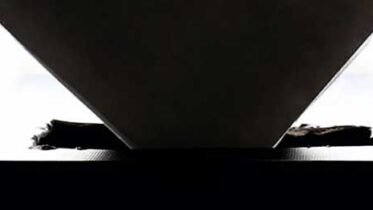Image rights are not a game
- 10 August 2015
- Articles
Something that these days has flooded the media around the world is the investigation started by the FBI on corruption within FIFA. In Argentina it has come to light a wiretap in which allegedly the deceased and former president of the Argentine Football Association and FIFA vice-president Julio Grondona, negotiated with a middleman of Konami and EA Sports the amounts receivable for the image rights used in electronic games PES 2015 and FIFA 15.
The video game market, especially about soccer, has grown enormously in recent years worldwide, multiplying revenues.
But the truth is that a significant portion of the success of PES and FIFA videos is because consumers see in the game not only the image of soccer stars, but also the colors of their clubs. Advances in science and technology allow the image definition is increasingly better allowing to see as real the stadiums, players and as rumored for the release of FIFA 16, the face of some renowned coaches.
The image right is a personal right, which in our country is mainly protected in Sections 19 and 33 of the Constitution; Sections 31, 33, 35 and 56 of Law No. 11.723; Section 1071 bis of the Civil Code and Section 3 paragraph “h” of Law 22.362.
Section 31 of our Intellectual Property Law reads: “The photographic portrait of a person cannot be placed on the market without the express consent of the person himself, and if deceased, his spouse and sons or successors or parents. In case the spouse, sons and parents or direct successors of the sons are deceased, publication is free. A person that has expressed his consent may revoke supporting damages (…). ”
Now, although the text of the section states the term “photographic portrait”, authors and jurisprudence have peacefully understood that this would analogously apply to any other form of reproduction of the image of a person: television, film or, as in this case, a video game. Furthermore, and with the same open-mindedness, it is understood that the term “placed on the market” used by the law, includes any commercial use made of an image.
On the other hand Section 3 paragraph “H” of the Trademark Law establishes that “a name, pseudonym or portrait of a person without his consent or that of his heirs including the fourth degree cannot be registered (…)”
Video game companies are well aware of these rights and invest millions in licensing fees, contracts and royalties related to image rights. In turn associations and soccer clubs play their cards in order to have through assignments the ownership of revenues that these rights produce.
Negotiations of these rewarding contracts are usually very intense, for example FIFA 15 was released last year without the Brazilian league as an agreement had not been reached on the rights of images of soccer clubs of that country. Moreover competition between the companies KONAMI with PES 2015 and EA Sports with FIFA 15 this year led to the first to snatch its opponent the image rights of the UEFA Champions League, the most viewed tournament around the world and the one that more money distributes to participants.
Meanwhile in Argentina judicial investigations are continuing, and certainly in the future it will be analyzed the existence and validity of any contracts signed on the matter, being clear once again that the image right is not a game.








